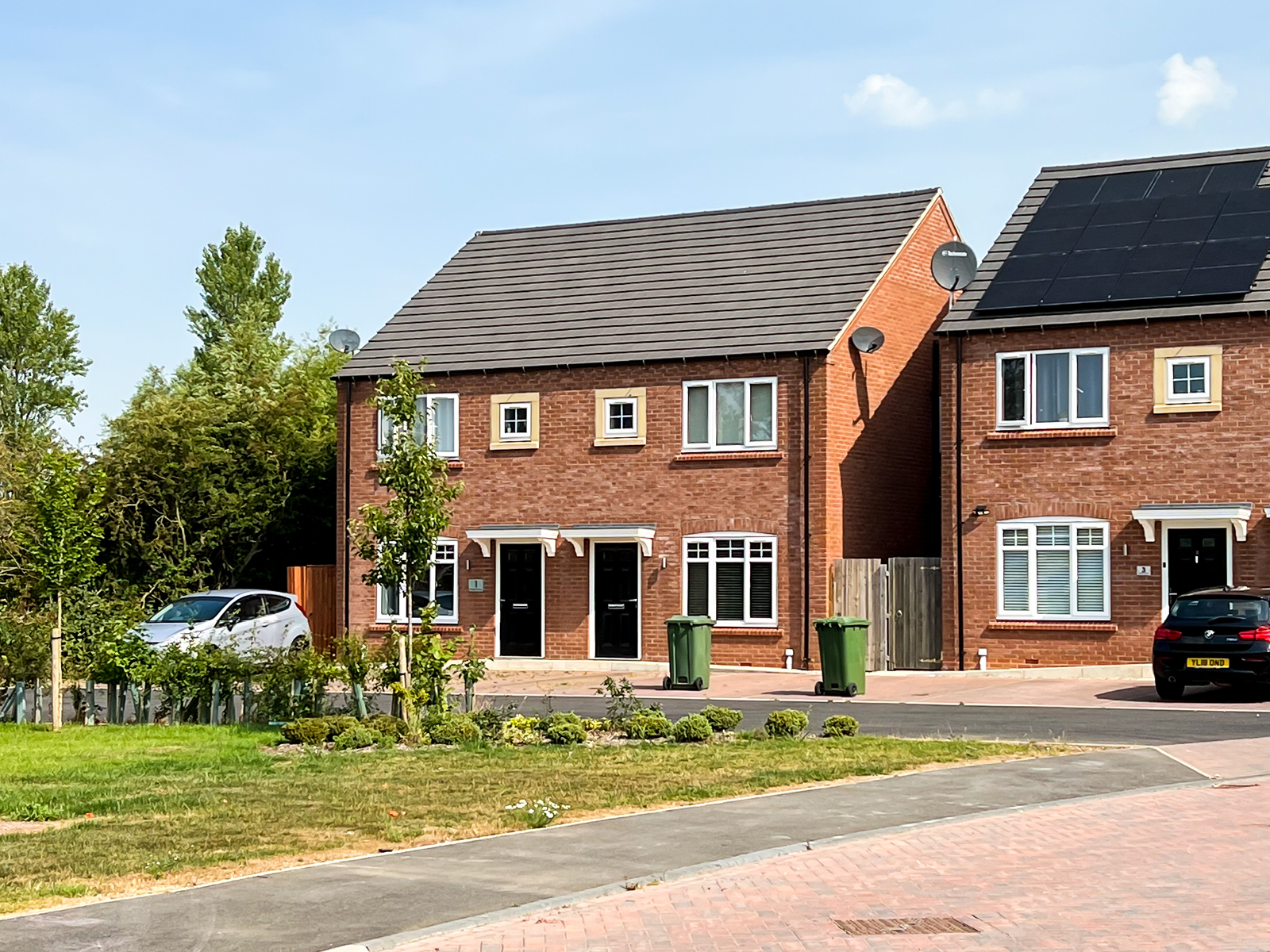A spike in the cost of mortgage borrowing could cause the UK property market to crash, following the largest monthly fall in house prices since 2008.
The market has been overheated, with property prices seeing annual growth of more than 10% during the pandemic. But property prices are now falling.
House prices are falling from their dizzying heights during the pandemic. However, they are still very high by historical standards and have been rising much faster than wages. The average price of a UK home has nearly trebled since the turn of the century. Prices have increased by more than 60% over the last ten years, according to Nationwide building society.
Have house prices dropped?
House price shows that house price growth is slowing and even reversing. This is because demand from buyers has started to wane as their living costs rise. Property website Zoopla said that demand for housing had dropped by 50% in the year to December 2022.
Will house prices crash in 2023?
While we can’t say for sure what the future holds, recent rises in the UK base interest rate have sparked fears that the market might crash.
After the controversial September mini-budget many mortgage providers withdrew deals and hiked rates, pushing up the cost of mortgages across the board.
Now that the bank of England has raised the base interest rate to 3.5% these effects could be further amplified. This is expected to reduce demand among potential buyers and cause house prices to fall.
There are additional factors that could put a dampener on the extreme growth seen in recent years, namely the cost of living crisis. Record prices for petrol, energy, rising inflation and tax rises mean most households have less disposable income to spend on buying houses.
While annual house price growth has so far remained high across the board, house prices are now falling month on month. If demand slows down and people have smaller deposits, the rate of house price growth could fall further.
But that’s not to say property prices will crash as demand still tends to outstrip the supply of homes in many areas across the UK. This is likely to cushion the blow, meaning house prices could fall rather than crash.
House price predictions
Given the continued race for space, many housing market predictions remain bullish. However, the perfect storm of high inflation and interest rates is set to dampen the housing market.
Here are some predictions of what’s in store:
- In December 2022, Robert Gardner from Nationwide said house prices are likely to see a modest decline in 2023 of around 5%. He said there would need to be a significant deterioration in the labour market to generate the double-digit falls that have been suggested by some forecasters.
- Lloyds Bank has forecast house prices to fall by 8% in 2023. It has set aside £668 million to cover the bad debt, which could arise due to borrowers struggling to make repayments.
- The Office for Budget Responsibility has projected that prices will fall by 9% between 2022 and 2024, before starting to rise again throughout 2025.
- In November 2022, property website Zoopla said it expected prices to fall by 5% in 2023.
- The Bank of England has predicted house price growth to slow down later this year, with mortgage providers expected to cut down on lending as the economy struggles.
- In July 2022, property website Rightmove said it expected house price growth to slow to 7% for 2022 as a whole
- Also in July 2022, Wesley Davidson, founder of mortgage broker Fox Davidson, said he thought the average UK house price will drop by about 10% in 12 months
- Halifax warned of a “significant downward pressure” on prices as mortgage costs rise. It said the price trend suggested a downward path in the short term due to affordability concerns
High inflation has caused interest rates to rise and this is set to continue, which is slowing the housing market down. Asking prices are falling, with 23% of homes for sale in October seeing a reduction in their price, according to Rightmove.
Zoopla’s house price index found that sellers have been forced to reduce asking prices by an average of 4% in order to reach a sale in recent weeks. Surveyors are also reporting fewer enquiries from new buyers.
All of this will have a knock-on effect on what house prices are sold for as reduced demand means more buyers can negotiate on the price of properties. So far the slowdown has been modest but it could pick up the pace swiftly as interest rates continue to rise.
The good news is that home buyers can now save some money on tax with the cut in stamp duty rates.
Source: the times






Share this with
Email
Facebook
Messenger
Twitter
Pinterest
LinkedIn
Copy this link